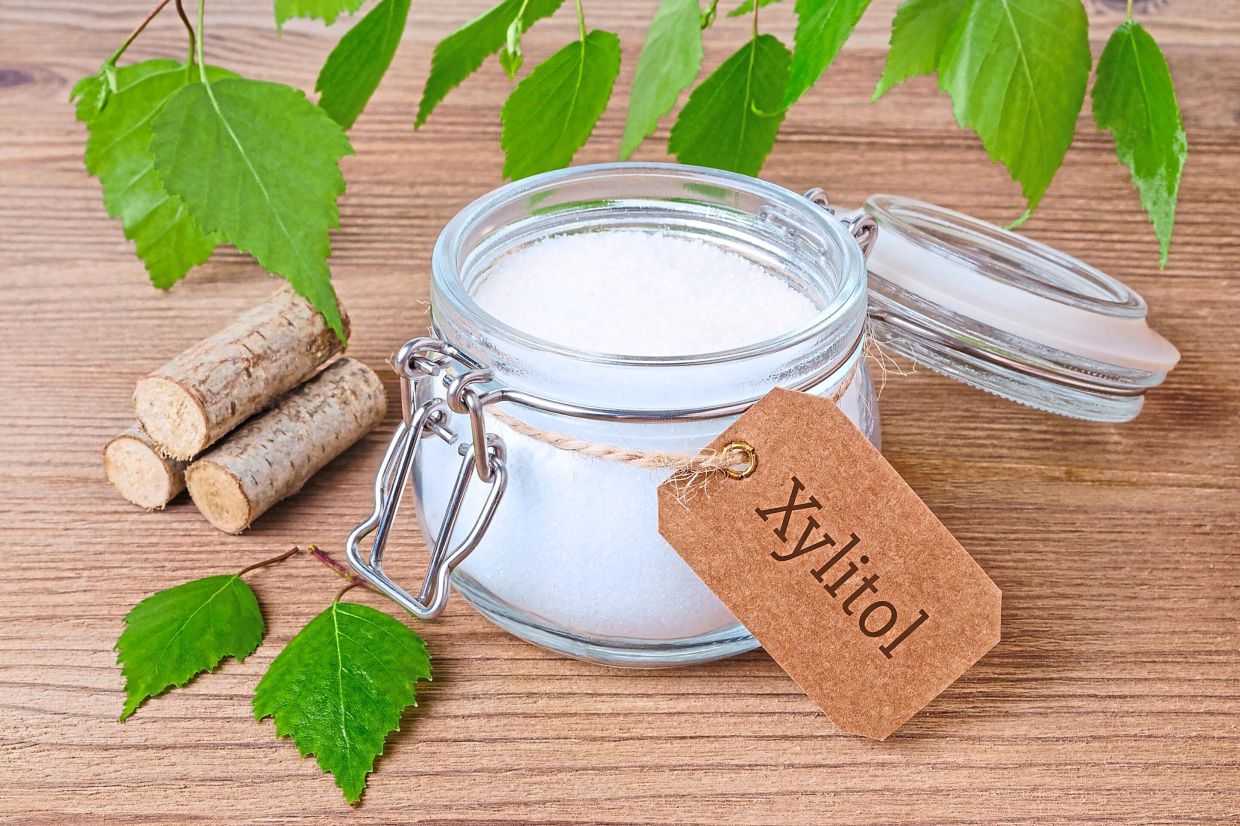Present in many everyday foods, a sugar substitute known as xylitol is now under scientific scrutiny for its potentially harmful effects on health. New research from the United States suggests that this natural sweetener, sometimes called “birch sugar”, may promote the formation of blood clots, and by extension, the risk of strokes and heart attacks. “This study again shows the immediate need for investigating sugar alcohols and artificial sweeteners, especially as they continue to be recommended in combating conditions like obesity or diabetes,” said Cleveland Clinic Lerner Research Institute Cardiovascular and Metabolic Sciences chair Dr Stanley Hazen in a news release.
Dr Hazen, who led the research, and his colleagues evaluated the effects of the sugar substitute frequently used in certain confectionery products, chewing gums and toothpastes. The research involved a large-scale patient analysis, pre-clinical research models and a clinical intervention study. Involving more than 3,000 American and European patients, the research, published in the European Heart Journal , identifies an association between xylitol and an increased risk of cardiovascular (heart) events, such as stroke and heart attack.

The researchers note that one-third of patients with the highest levels of xylitol in their plasma were more likely to suffer a cardiovascular event. They also report that, in pre-clinical testing, xylitol was associated with platelet coagulation and an increased risk o.
















